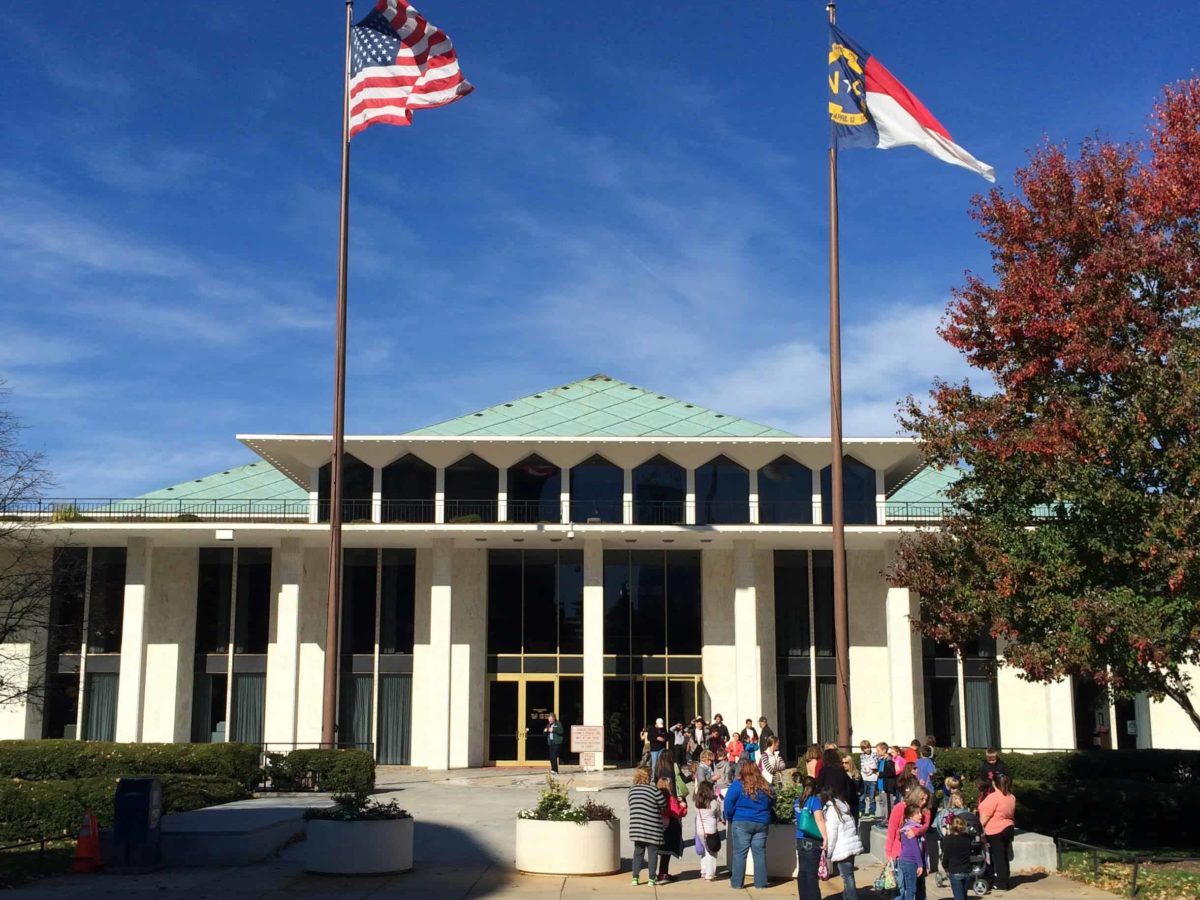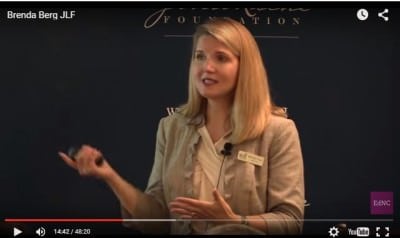

I was talking to the superintendent of a small school system last fall, and she mournfully told me about losing her best high school math teacher to South Carolina, where he would earn $10,000 more per year for doing the same job. We all know young adults who would be good teachers, who would like to teach in NC, and who won’t go into teaching, or who are leaving or won’t come to North Carolina, because we do not pay enough for a teacher’s family to live on. We all know of schools that will open this month without a qualified teacher in each classroom, that are facing a shortage of math, science, and foreign language teachers, because those schools cannot find enough qualified teachers to hire.
Almost all of us in NC deeply believe that our public schools should prepare each child for a meaningful and productive life. Kids are different from each other, and each child deserves to get a year’s worth of growth for a year’s worth of school. Parents also deserve to be confident that their children will finish school prepared for the future. We know that to accomplish this, schools must have good teachers in each classroom and enough up-to-date textbooks and technology.
Since North Carolina is currently significantly behind in providing enough funding for teachers, textbooks, and technology, I was surprised to read that talk of TABOR, the so called “taxpayer bill of rights,” has resurfaced in the legislature. This proposed amendment to the state’s Constitution would both cap NC’s income tax at 5 percent, helping those with higher incomes, and cost the state $1.5 billion a year in revenue. It would also limit increases in state spending, based on inflation and population growth, limiting NC, effectively, to the amount we are spending now, with no room for improving public schools even in prosperous times.
We are fortunate to have thousands of effective, dedicated teachers in our schools. To keep them, and to attract new ones, we need to recruit smart young adults into the profession, provide the best with prestigious teacher scholarships, prepare them well, respect and support them as teachers, and pay them enough so they can support their families while they work as teachers. Currently, about half our teachers quit in their first five years. If we invested in recruiting, preparing, supporting, and paying them well, more would stay longer, reducing the number we need to hire each year, and allowing us to invest more into recruiting, preparing and supporting the next round of new teachers.
North Carolina has never been at the top of the pack on teacher pay, but in the 1990s we decided to raise teacher pay by $1 billion over four years, bringing it to the national average. Student achievement soared! Now, because of the recession, years of no or minimal pay raises, and decisions like eliminating pay increases for masters’ degrees, pay levels have gotten worse, much worse. Currently, it takes 10 years before a new teacher earns $40,000 a year. The top pay, no matter how many years, is $50,000. Enrollment in UNC’s teacher education programs has dropped 27 percent over the past five years. One education dean said her biggest challenge in recruiting smart college students into teaching is that their parents know they won’t earn enough to support their families as teachers.
NC needs to increase teacher pay on average by $10,000 per year to reach the national average, so we can attract and keep qualified teachers for the classrooms of our future. That means we need to raise teacher compensation by about $1 billion per year, a big number. But having good teachers in our classrooms is important, and we could pay for this increase for less than TABOR would lower taxes on the most well off.
We’re stuck, however, if we adopt a constitutional amendment that reduces our income and caps our spending essentially at the current level. Why would we want a constitutional provision that would prevent us from deciding to make smart investments? Why would we want to prohibit our legislature from having and using available revenues to invest in teachers, textbooks, and technology? Why would we want to tie our own hands?
An edited version of this article was published in The Charlotte Observer on August 18, 2015. It is published here with the author’s permission.
Editor’s Note: The Z. Smith Reynolds Foundation is a supporter of EdNC.




